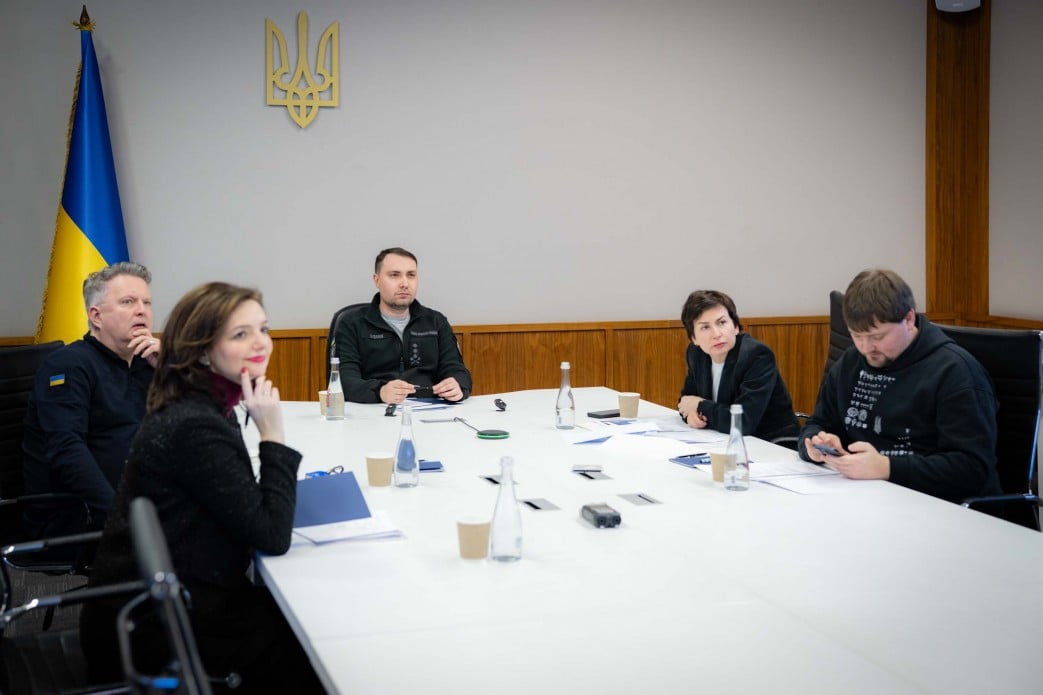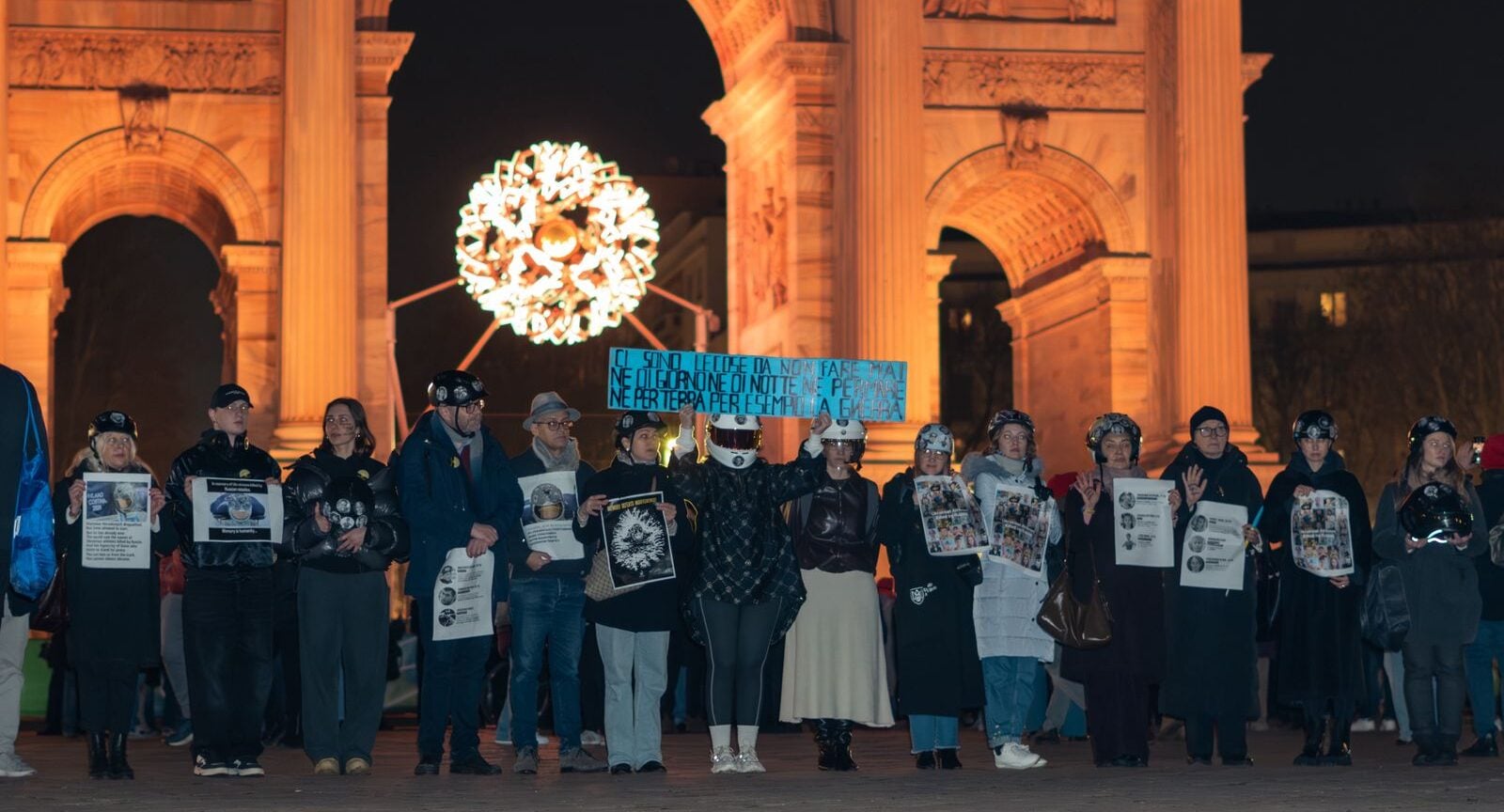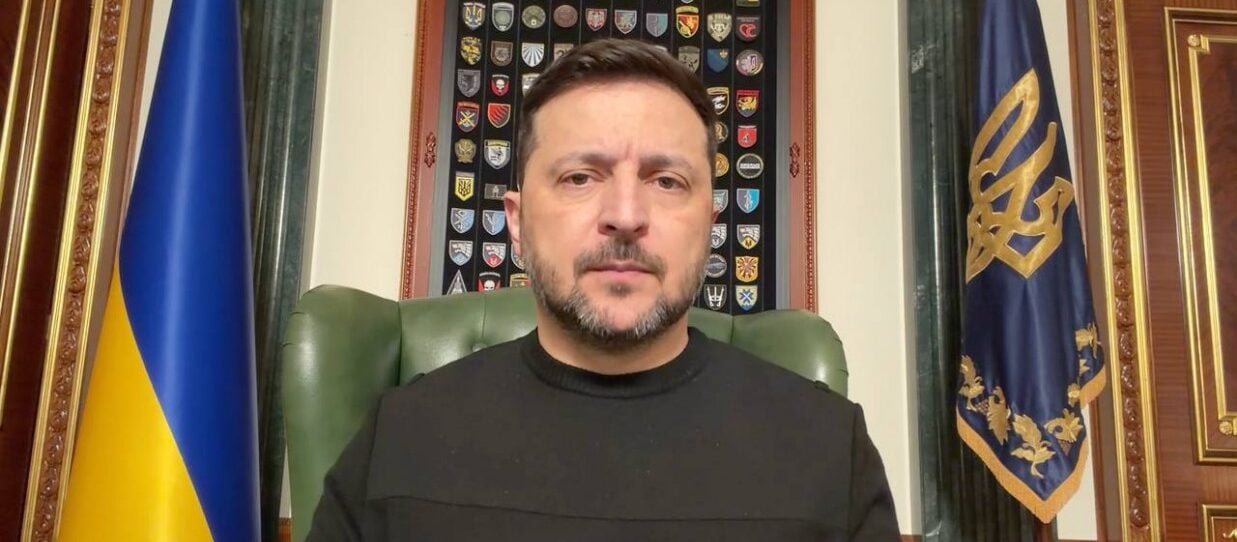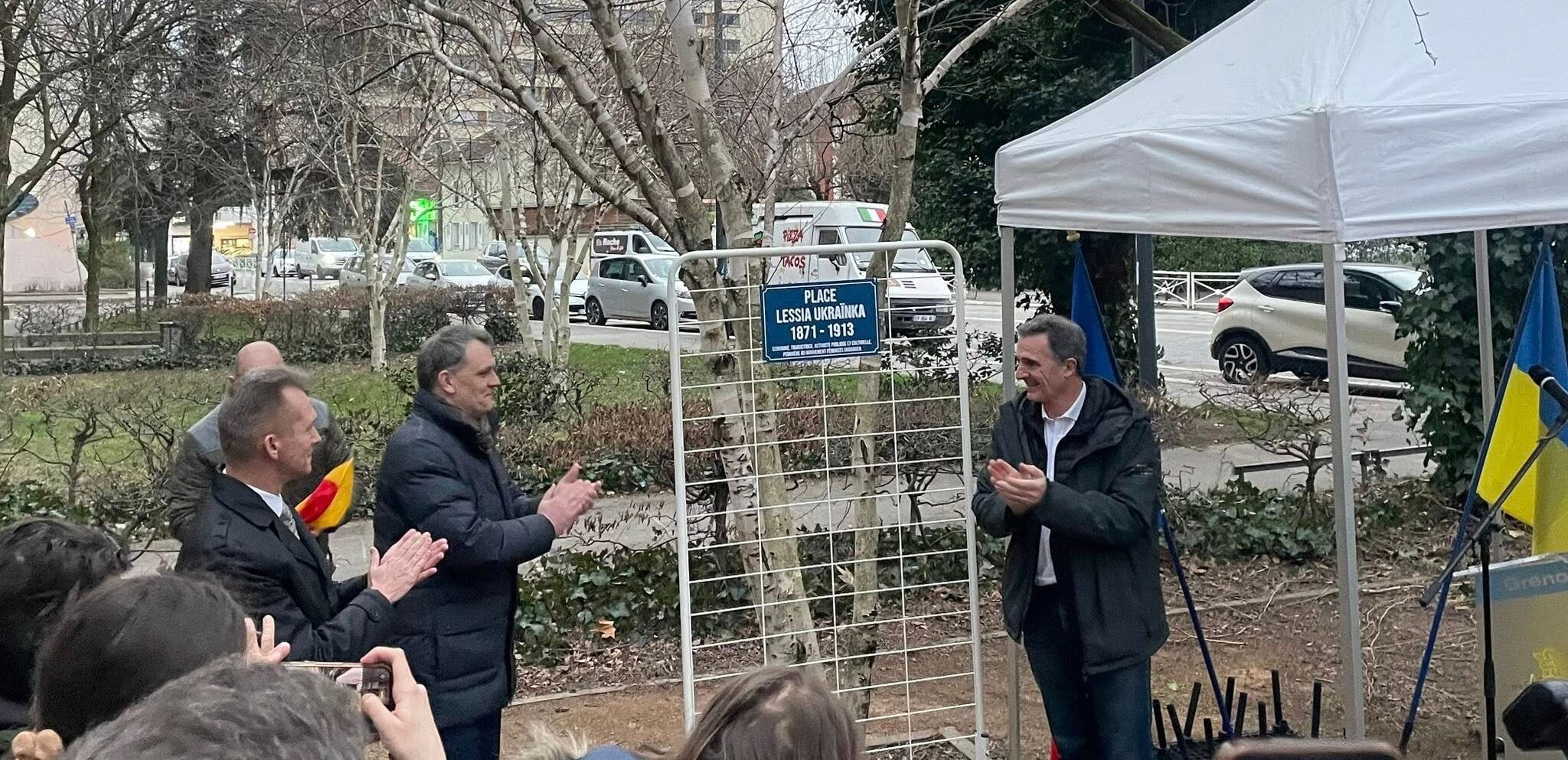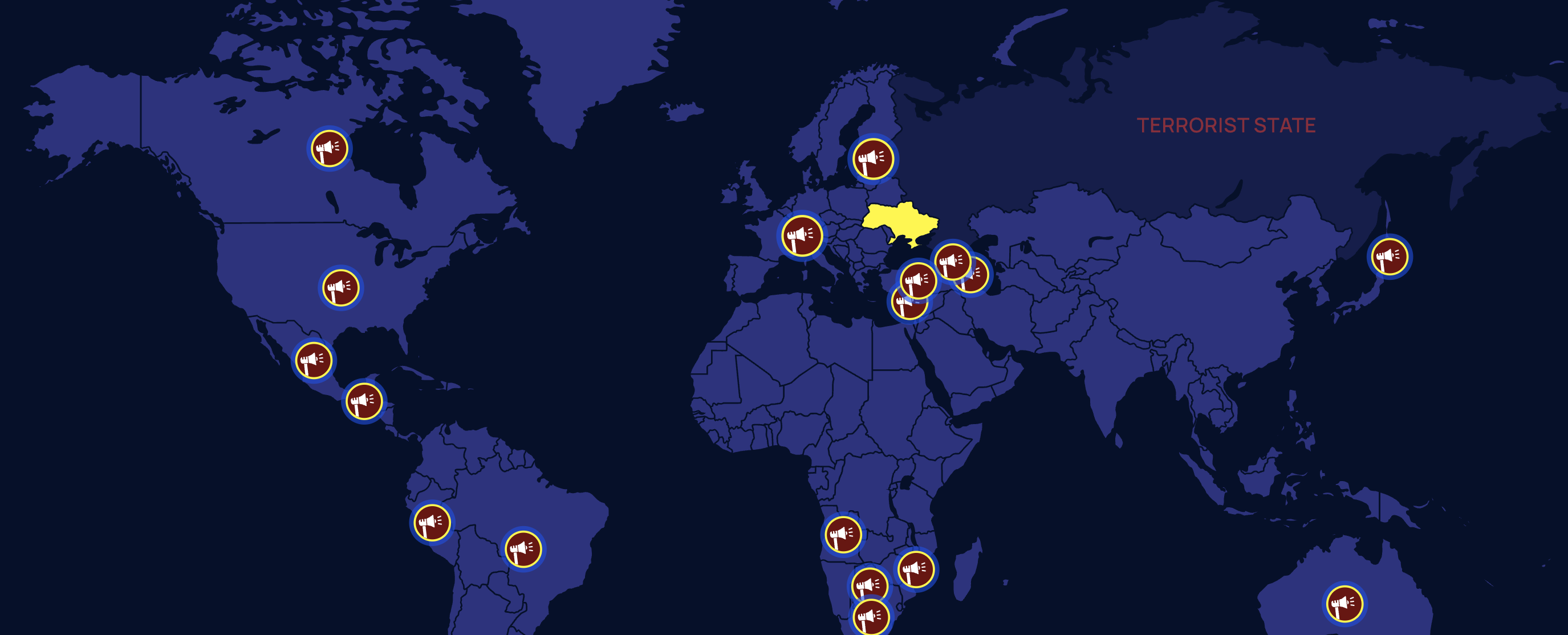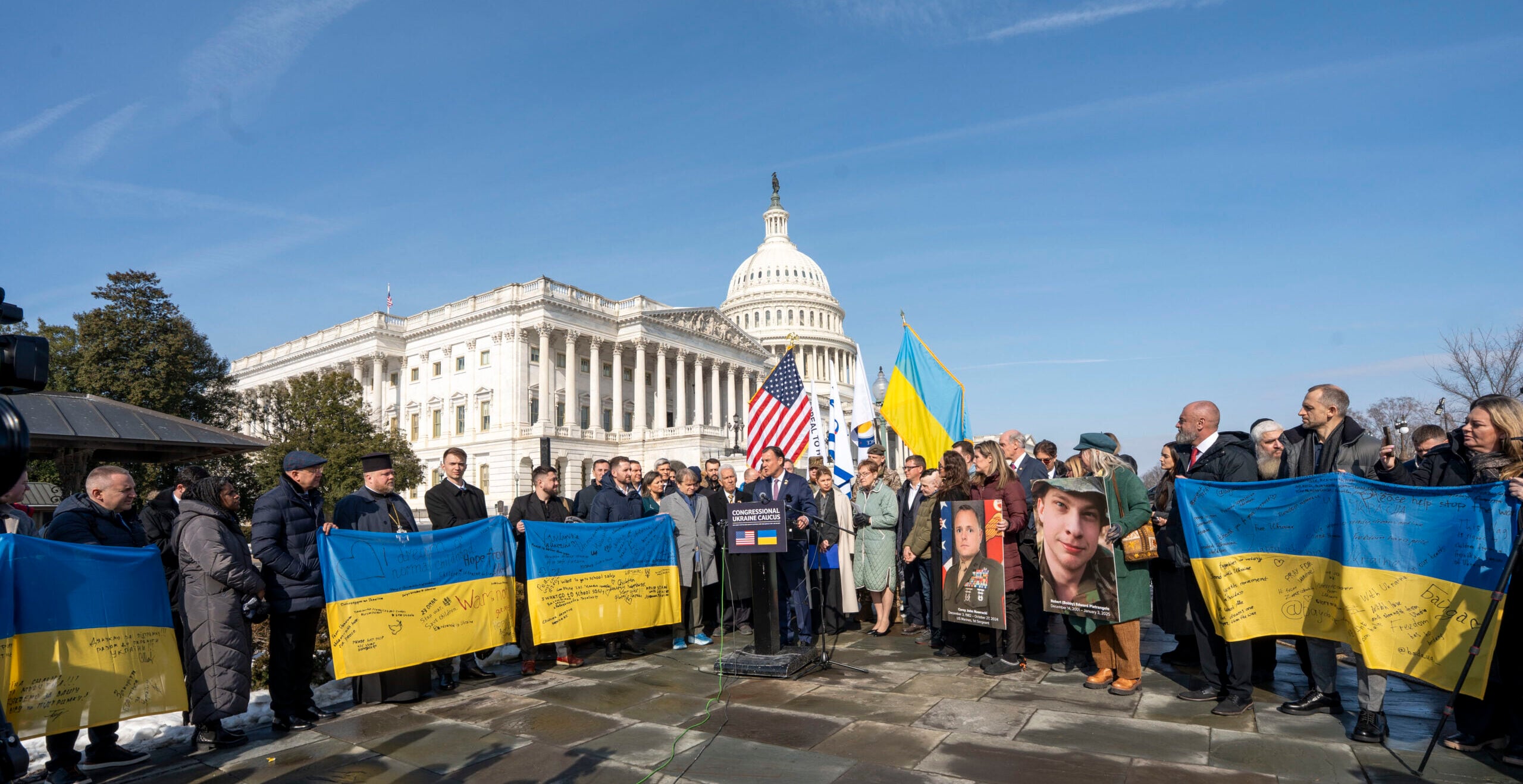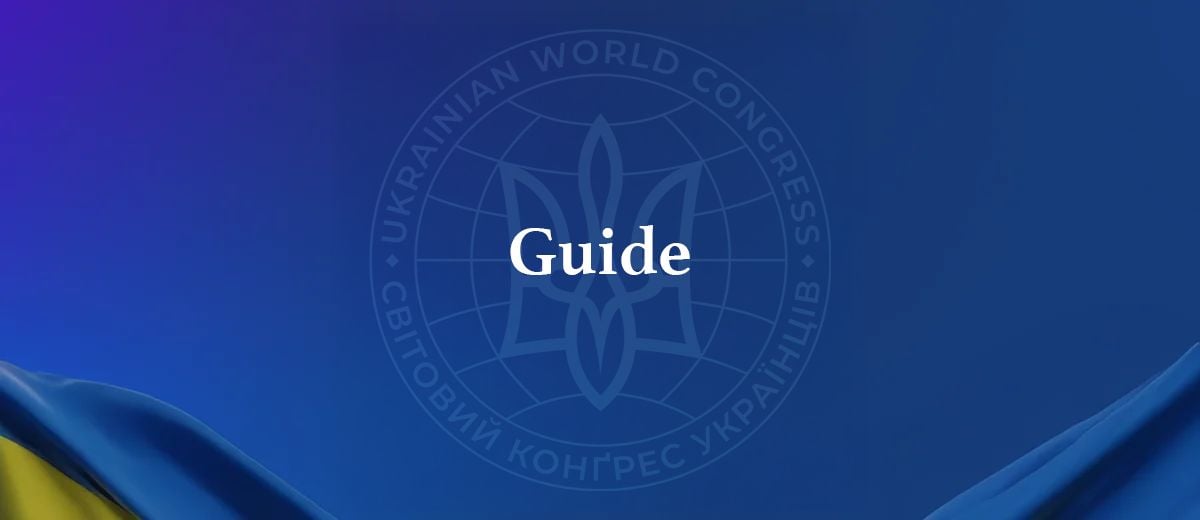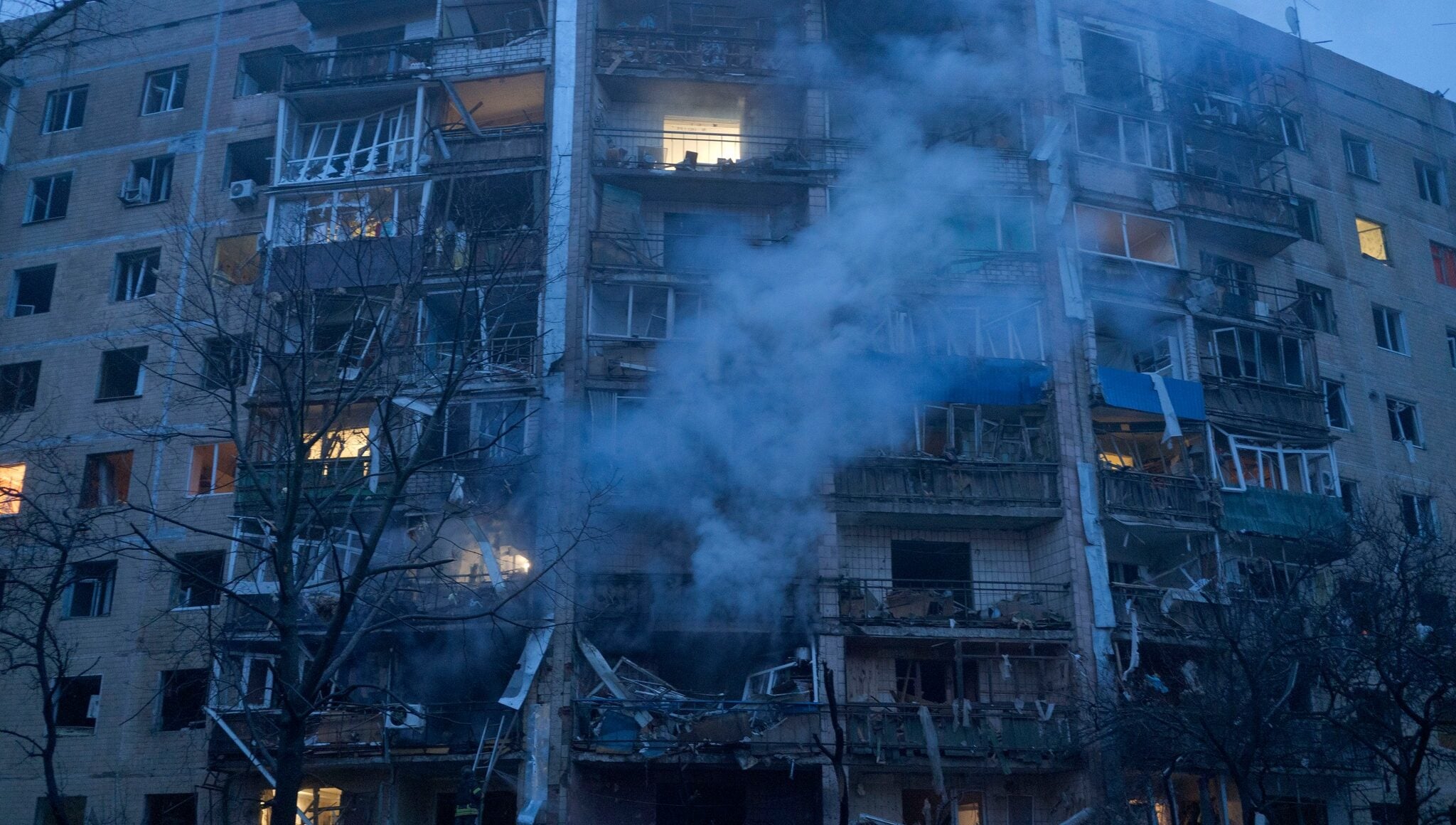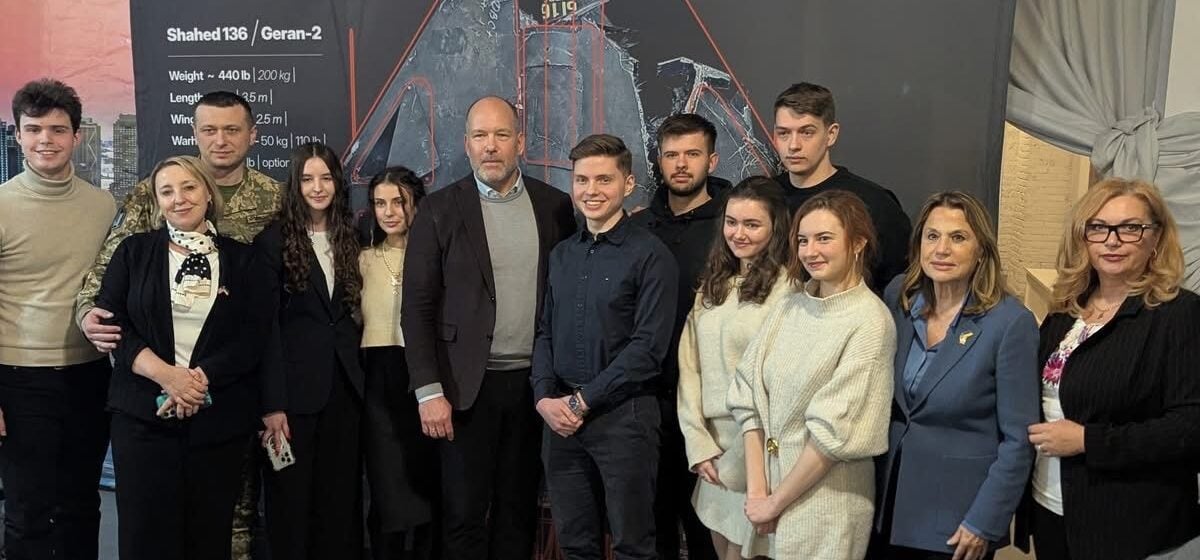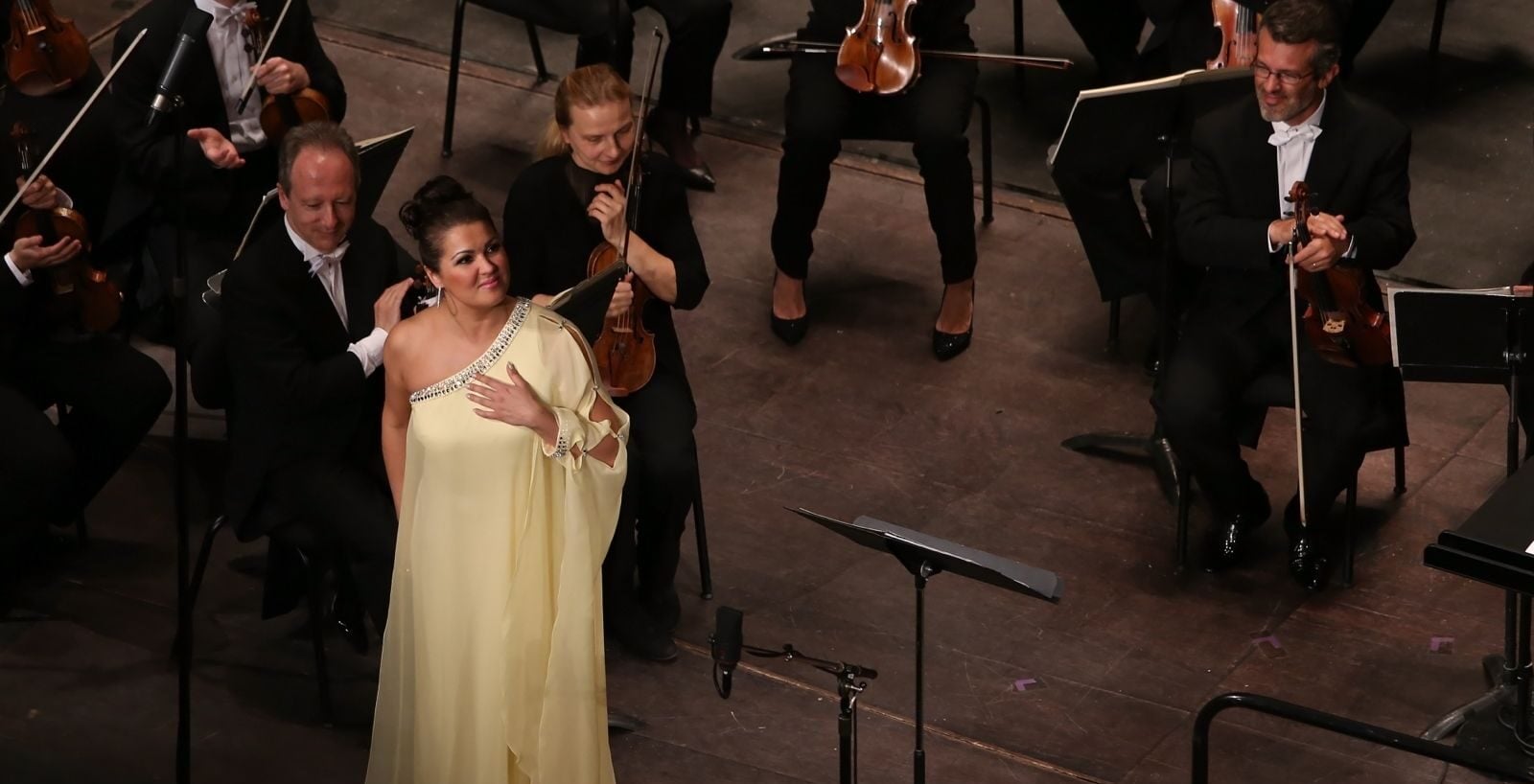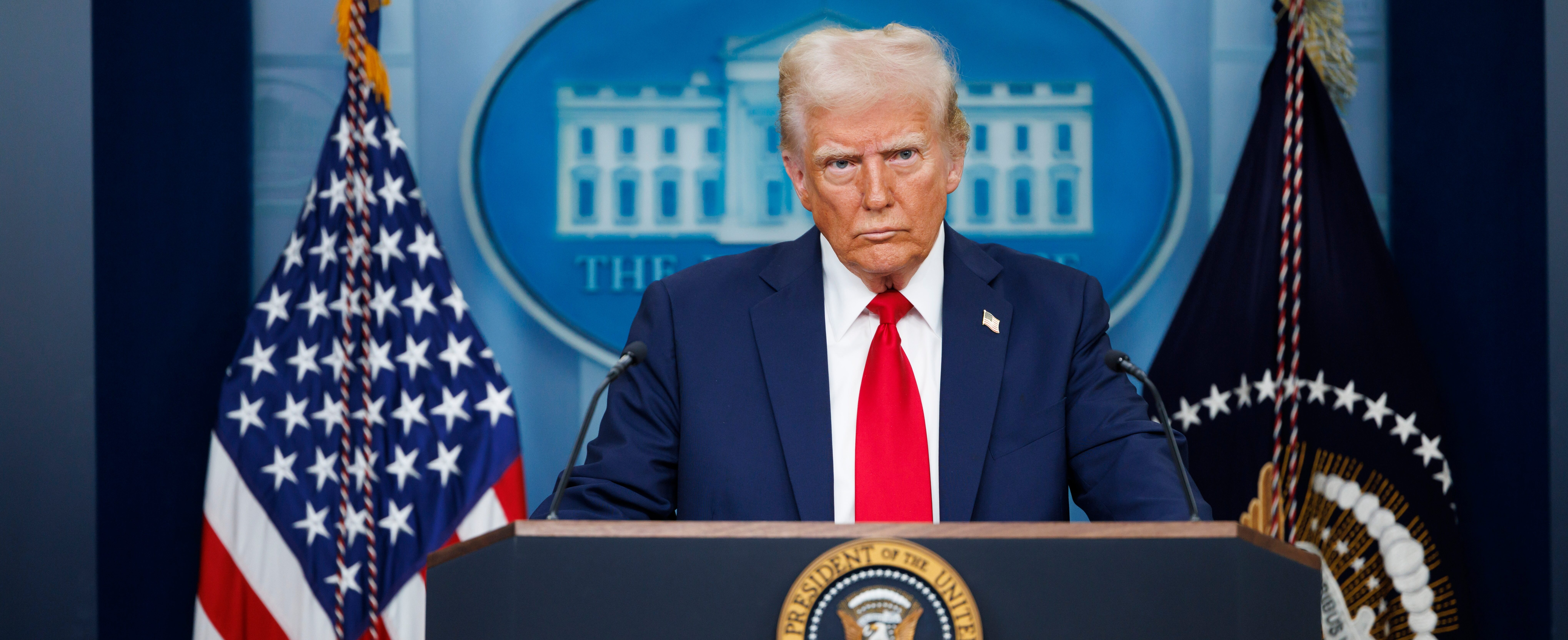

by Peter Dickinson, UK journalist and researcher, editor of Atlantic Council’s UkraineAlert service and publisher of Business Ukraine Magazine and Lviv Today magazine
Source: Atlantic Council
US President Donald Trump is “very disappointed” with Vladimir Putin and is giving his Russian counterpart just ten more days to agree to a ceasefire or face new economic measures, he announced on Tuesday. Earlier in July, Trump had set a fifty-day deadline for the Kremlin dictator. This new time frame is the latest indication that the US leader’s patience is now running out, and comes following Trump’s recent decision to arm Ukraine by selling American weapons to European allies.
The Trump administration’s recent moves represent a striking departure from the diplomatic efforts of the previous six months, which had seen the United States offer Russia concession after concession while pressuring Ukraine to accept an overtly Kremlin-friendly settlement. During US-led negotiations that began in February 2025, Trump repeatedly signaled that he was ready to accept most of the Kremlin’s demands. This included allowing Russia to maintain control over occupied regions of Ukraine, ruling out Ukrainian NATO membership, and easing sanctions pressure on Moscow.
Trump was so eager to appease Putin that at one point he even reportedly explored the possibility of granting official US recognition for the 2014 Russian seizure of Ukraine’s Crimean peninsula. Meanwhile, White House officials further underlined the new administration’s accommodating stance by ceasing public criticism of Russia’s invasion and withdrawing from international efforts to hold the Putin regime accountable for war crimes committed in Ukraine.
Any settlement based on Trump’s proposals would have been easy to sell as a Russian success story. Indeed, many would have regarded it as an unprecedented triumph for the Kremlin. Despite these positive optics, Putin has remained unmoved. While the Russian ruler has consistently voiced his theoretical support for America’s efforts to end the war, he has in practice derailed any hope of meaningful progress toward peace by engaging in endless stalling tactics and insisting on maximalist demands that would mean the effective end of Ukrainian statehood.
This uncompromising Russian stance has placed Trump in an increasingly awkward position. After months of talking up the prospects of peace, he has now been forced to acknowledge that Putin has no intention of ending the war. This has set the stage for the recent change of tone from the White House, which has led to the renewal of US arms deliveries to Ukraine along with this week’s fresh ultimatum.
There is now much speculation over what Trump will do if, as expected, Putin ignores the latest US deadline and continues his invasion. There is also considerable debate over the potential implications of the US decision to provide Ukraine with weapons via Europe, with many questioning whether this military support will be on a sufficient scale to impact the future course of the war.
The real question, however, is why Putin chose to reject America’s generous peace terms. After all, Trump was offering his Kremlin counterpart an honorable exit from an enormously costly war that has undermined Russia’s global standing and has often threatened to spiral completely out of control. Why did Putin refuse to accept victory in Ukraine?
Putin’s most immediate reason for refusing to end the war in Ukraine is because he thinks he is winning. The Russian army is advancing at various points along the front lines, while Ukraine’s military is being methodically worn down. Although progress is proving exceptionally slow, there is no question that Putin currently holds the battlefield initiative and can reasonably expect to prevail in a war of attrition against a far smaller opponent.
Putin has also been encouraged by the limitations of international support for Ukraine. While Kyiv’s partners have provided substantial military and financial backing, this aid has consistently been subject to delays or restrictions due to domestic political considerations and widespread Western fears of possible Russian escalation. With his army seizing more territory and his opponents so easily intimidated, it not difficult to understand why the Russian leader might prefer to continue his invasion while awaiting what he sees as the inevitable Ukrainian collapse.
Cover: Shutterstock
